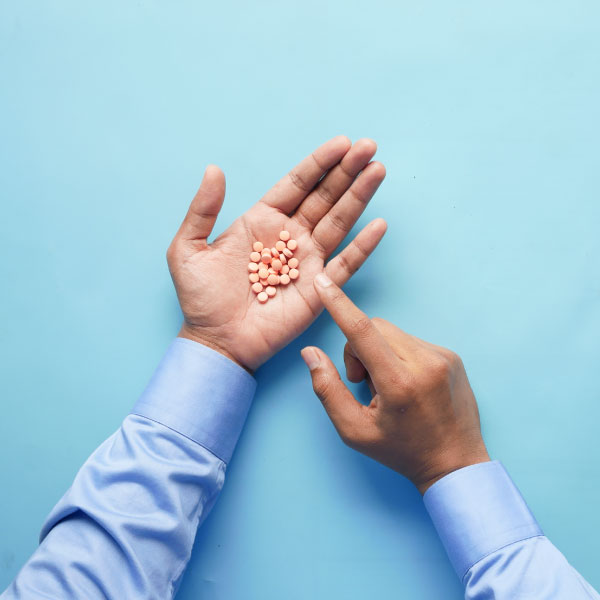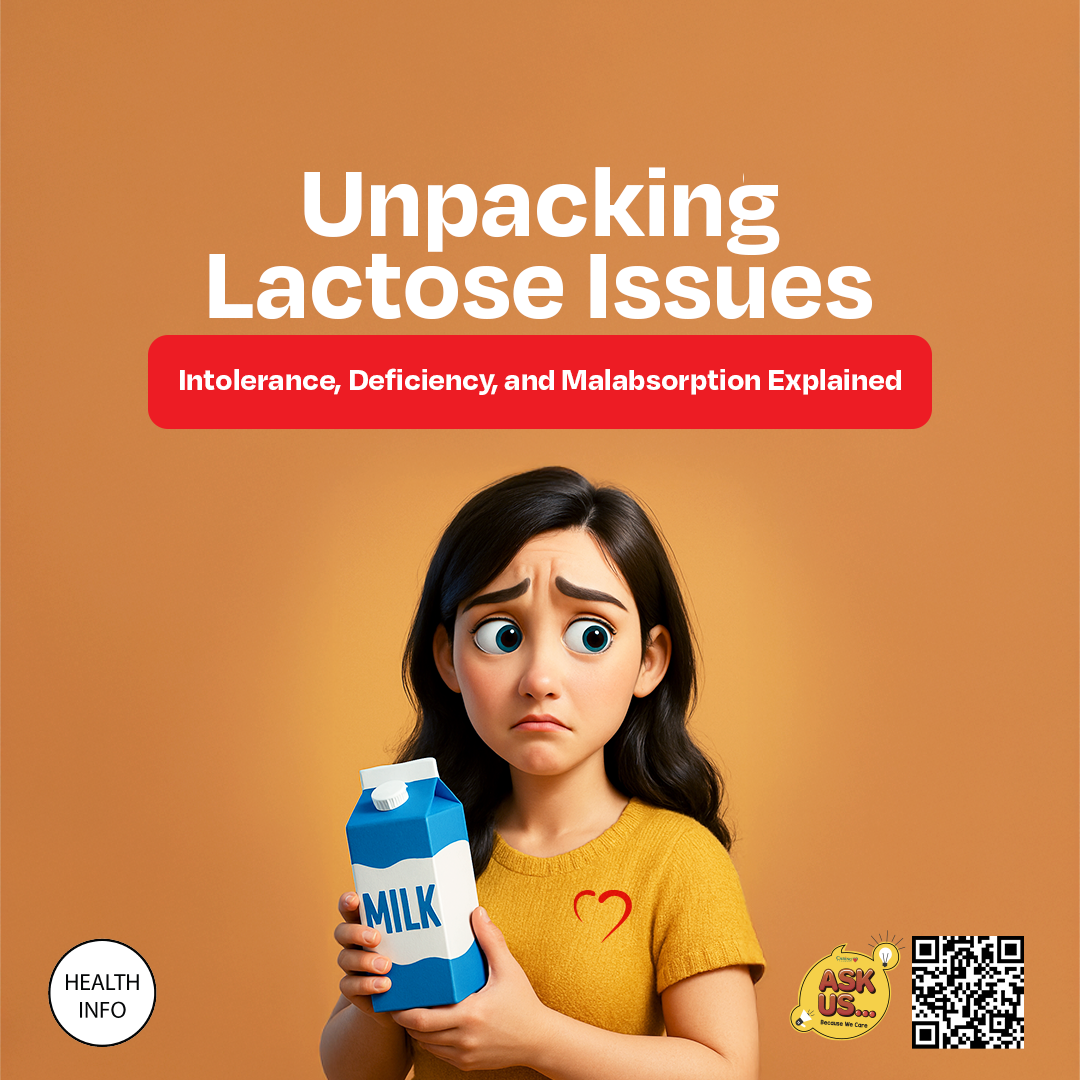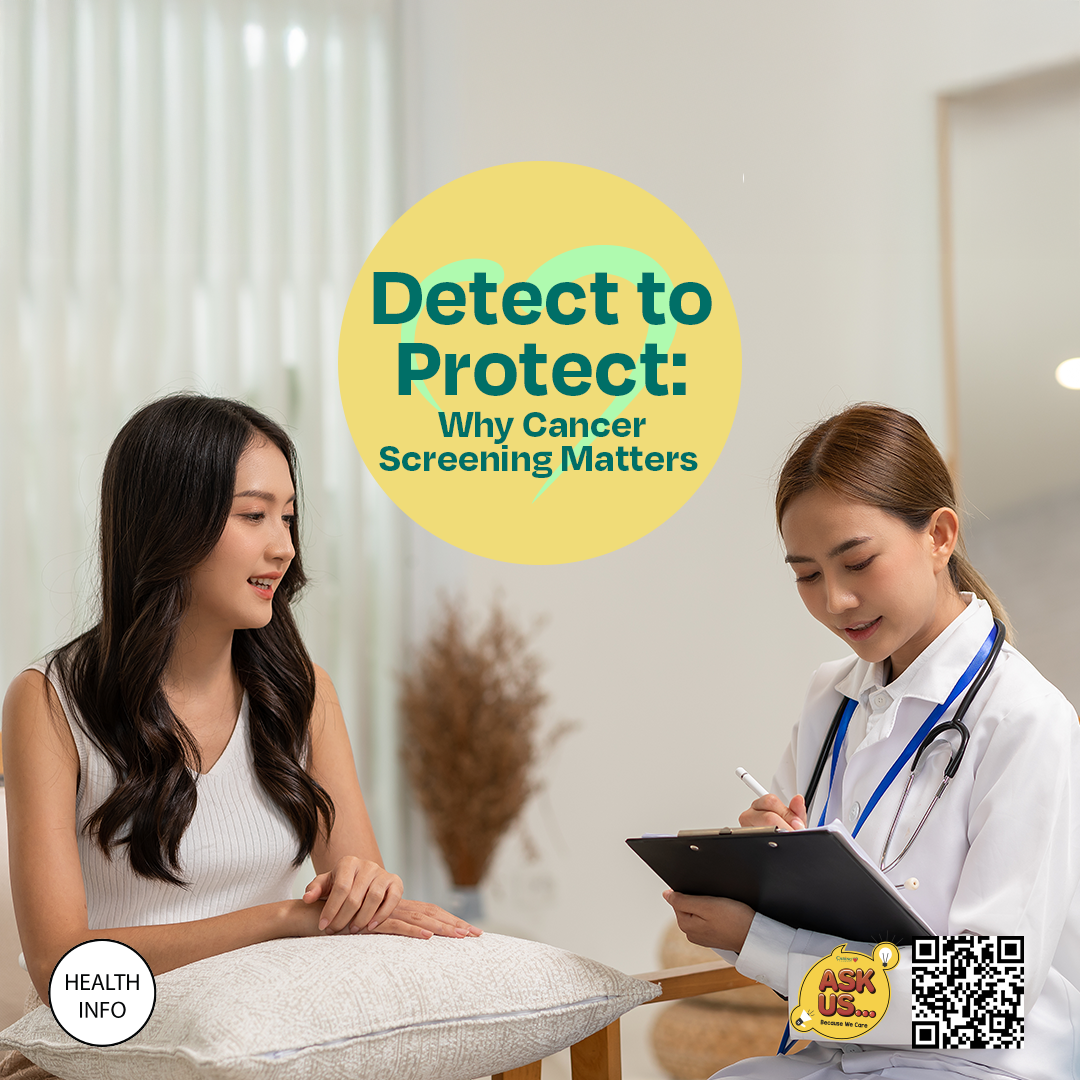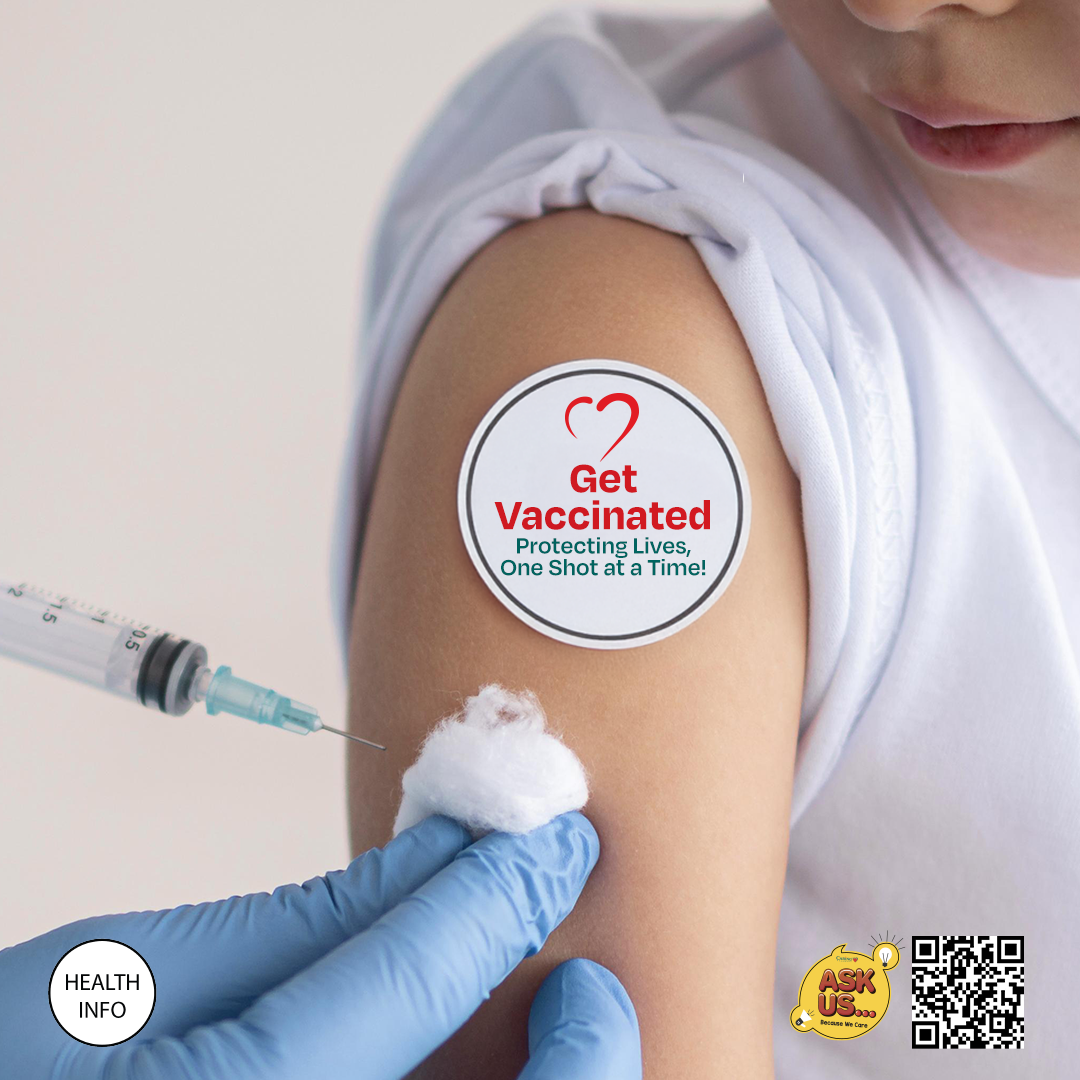- Home
- Health Center
- Health Info
- Silent killer: The truth about discarded medicine wastes
Do It Right
Silent killer: The truth about discarded medicine wastes
Written By Assoc. Prof. Ts. Dr. Nor Haslina Binti Hashim
Department of Civil Engineering Technology, Faculty of Engineering Technology,
Universiti Tun Hussein Onn Malaysia (UTHM) – Pagoh Campus,
KM1, Hub Pendidikan Tinggi Pagoh, 84600 Panchor, Muar, Johor Darul Taa’zim


Have you ever wondered what happens if medicine wastes are discarded unsafely?
Here’s the true story:
Discarded medicines are considered clinical waste as they may contain substances that are toxic, harmful, carcinogenic, mutagenic or teratogenic.
Clinical waste cannot be mixed with non-clinical waste, disposed into landfills or flushed into the toilet in order to safeguard public health and prevent environmental pollution. It must be managed in an appropriate waste disposal facility.
So how do we do that?
Well, incineration is used as a major technique for disposing of clinical waste (about 59-60%) worldwide, autoclaving (37-20%), and other treatments (4-5%) such as microwaving, plasma pyrolysis and the least safe method, landfilling.
Truth be told, incineration is an effective engineered process that uses high-temperature dry oxidation between 900˚C and 1200˚C to eradicate the wastes and convert them into ash, heat and gasses products. It is usually equipped with air pollution control equipment such as air scrubbers to ensure emission compliance under the Environmental Quality (Clean Air) Regulations 2014.
However, if the treatment facilities are not appropriately constructed, designed and operated, they can be one of the major sources of toxic substances in the air. These pollutants may have undesirable environmental impacts on human and animal health, such as liver failure and cancer.
Tags
Latest Health Info
Unpacking Lactose Issues: Intolerance, Deficiency, and Malabsorption Explained
Ever wonder why some people, or even yourself, are suffering from lactose intolerance? Lactose, the primary sugar in milk and ...
Detect to Protect: Why Cancer Screening Matters
Cancer is a complex group of diseases characterised by the uncontrolled growth and spread of abnormal cells in the body. ...
Get Vaccinated: Protecting Lives, One Shot at a Time
Vaccines are among the most powerful tools in medicine, saving millions of lives by preventing serious diseases. From children to ...



